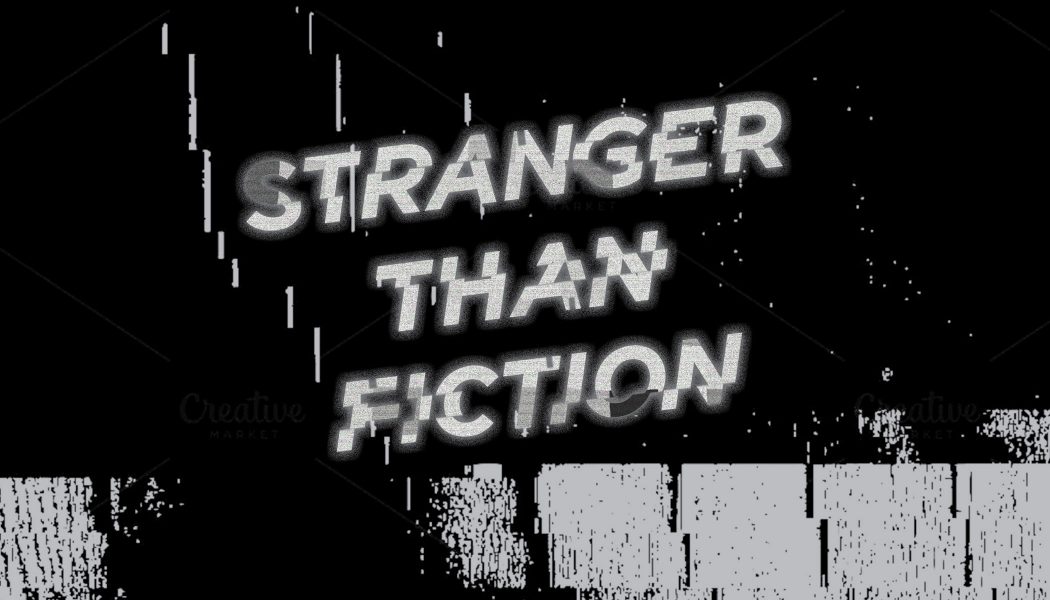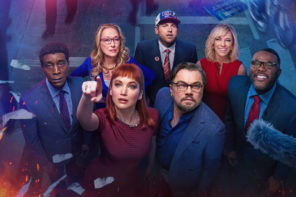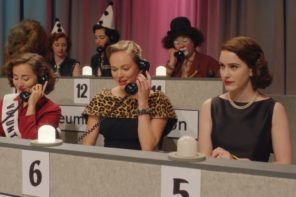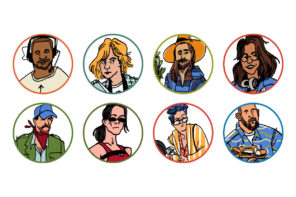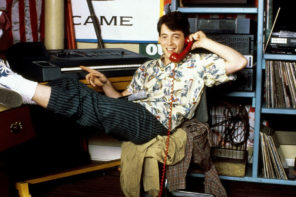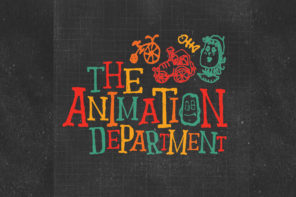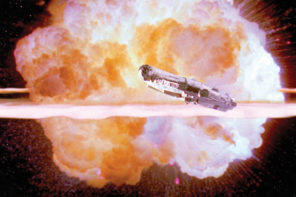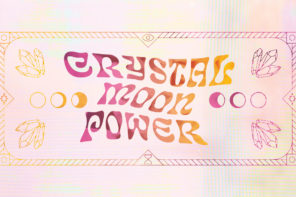Interviewed by Kilgore Trout
“The universe is a big place, perhaps the biggest,” I wrote in my novel Venus on the Half-Shell. There’s room for lots of space, and also lots of opinions. Whalebone asked me to pose a few questions to those who have seen firsthand just how big the universe is—the fictional astronauts who have explored its imagined outer reaches. They may not be real astronauts or even real, but neither am I. With thanks to the Hollywood screenwriters who wrote their answers and apologies to my creator, Kurt Vonnegut.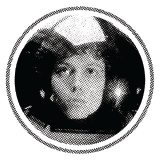
RIPLEY
As portrayed by Sigourney Weaver in Alien
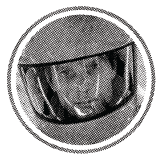
DR. DAVE BOWMAN
As portrayed by Keir Dullea in 2001
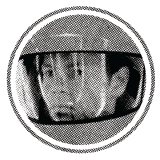
DR. FRANK POOLE
As portrayed by Gary Lockwood in 2001

MARK WATNEY
As portrayed by Matt Damon in the Martian

JOSEPH COOPER
As portrayed by Matthew McConaughey in Interstellar
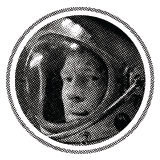
ROY MCBRIDE
As portrayed by Brad Pitt in Ad Astra
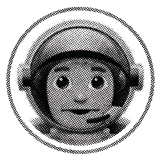
YURI
There’s always a guy named “Yuri”
KILGORE TROUT: Do you think we can make contact with life on other planets?
RIPLEY: You know the answer to that.
POOLE: I don’t know. All I know is that there was something about the mission we weren’t told.
BOWMAN: Just ask HAL. It’s conceivable they’re keep something from us, but they’d never keep anything from HAL.
ROY MCBRIDE: Our team was really working toward that. All of us, back home. It’s a very worthy endeavor—communication with other potential lifeforms.
TROUT: Why travel to space?
ROY MCBRIDE: My Dad was…he was certainly a different kind of astronaut. He was a free-thinker. He went all the way to Neptune. It didn’t end up going the way he wanted, but he’s the reason I do what I do.
YURI: Самое большое приключениев жизни в звездах.
COOPER: Heading out there is whatI feel born to do and it excites me… We’re explorers, on the greatest ocean of all.
TROUT: It’s dangerous though, no?
COOPER: A lot of the finest solo yachtsmen couldn’t swim. They knew if they went overboard that was it, anyway. This is no different.
MARK WATNEY: It’s space. It’s filled with chance, circumstance, and bad luck. It doesn’t cooperate.
ROY MCBRIDE: The Army Corps of Engineers trains us to deal with our fears.
RIPLEY: Let me tell you something. You keep staring out there long enough, they’ll be peeling you off the wall.
TROUT: Mark, you really exemplify NASA’s pioneering spirit. Where does that come from?
MARK WATNEY: Five guys at Caltech were trying to make rocket fuel and nearly burned down their dorm. Rather than expel them, Professor…Von Karman, I want to say?… banished them to a nearby farm in Pasadena and told them to keep working. And now we have a space program.
Держи голову в облаках.
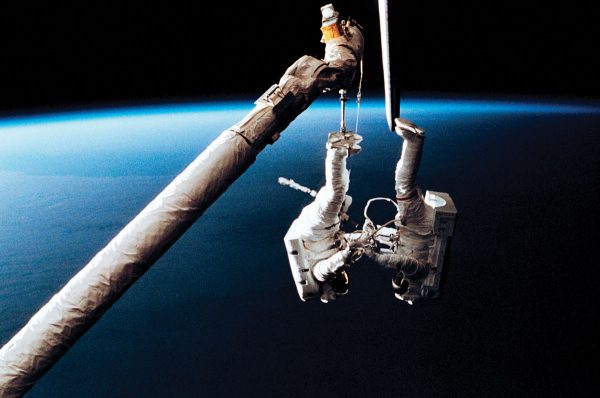
TROUT: What are you all working toward and why?
ROY MCBRIDE: The gravitational wave antenna. It’s almost finished now. It’s going to be an excellent project. We’ll be able to hear any intelligent life, possibly even respond. It’s a very worthy endeavor—communication with other potential lifeforms.
COOPER: We used to look up and wonder at our place in the stars. Now we just look down and worry about our place in the dirt.
TROUT: What do you consider your greatest achievement?
MARK WATNEY: They say once you grow crops somewhere, you have officially “colonized” it. So, technically, I colonized Mars.
COOPER: Let Gargantua suck us right to her horizon—then a powered slingshot around to launch us at Edmunds … That little maneuver cost us 51 years.
ROY MCBRIDE: I’m just here to do what I need to.
TROUT: What advice do you have for Whalebone’s Aerospace Academy trainees?
BOWMAN: The only important aspects of the mission are: Where are we going, what will we do when we get there when are we coming back, and…why are we going?
COOPER: Record the facts, analyze, present your conclusions.
ROY MCBRIDE: It’s really critical to maintain control and not to be vulnerable to outside factors.
YURI: Держи голову в облаках.
MARK WATNEY: NASA hates fire. Because of the whole “fire makes everyone die in space” thing.
RIPLEY: By breaking quarantine procedure you risk everybody’s life.

